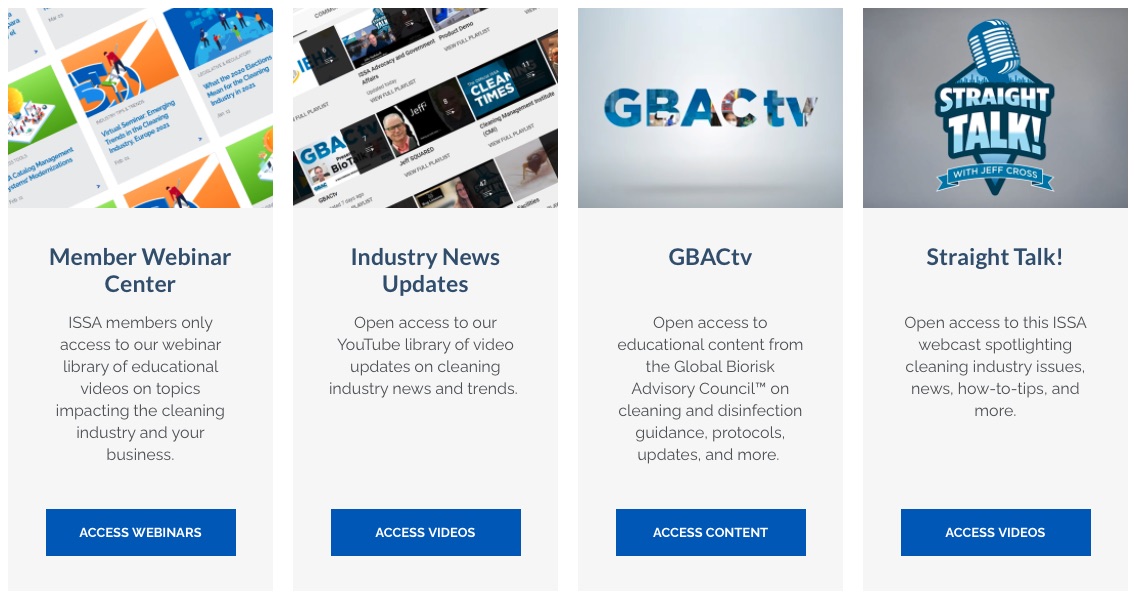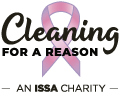Articles
Distributors: Sustainable Partners
Categories: Business Management, Distribution & Supply Chain, Sustainability & ESG
By Michael Wilson | May 2, 2018 << Back to ArticlesAccording to industry icons such as Stephen Ashkin, president of The Ashkin Group and the industry’s leading advocate for green cleaning, and David Frank, president of the American Institute for Cleaning Sciences and a foremost expert on facility maintenance and jansan distribution, the professional cleaning industry will play a crucial role in helping its clients operate in a greener and more sustainable manner.
And while this change will indeed involve cleaning and maintenance issues, it is likely to extend far beyond green cleaning. As sustainability becomes a priority for more and more businesses and facilities, end-customers will turn to their facility maintenance distributors to help make their business operations greener, more sustainable, and much more resource-efficient.
While sustainability shares many of the same goals as green cleaning, it refers more specifically to the balance between economic progress and social and environmental responsibility—a combination often referred to as the “triple bottom line.” In short, sustainability encompasses the social, economic, and environmental impacts of an organization and how it addresses them.
Of course, when it comes to sustainability, many leaders and organizations still wonder about the “What’s in it for me?” factor. So what is the payoff? Surprisingly, sustainability is far more than just the “right thing to do.” We now know that using resources more responsibly and taking a proactive approach in operating a facility or business in a sustainable manner can provide substantial financial benefits.
First Steps
Facility maintenance distributors need to understand that sustainability is both a top-down and a bottom-up process. Companies and facilities often achieve success in this area based on the commitment of their senior executives. Without “buy in” from key decision-makers, sustainability initiatives often face a leadership vacuum, and the program will likely fail in time.
The next step is to develop a corporate sustainability mission statement. Advise your clients to take the time to develop a mission statement that addresses today’s sustainability challenges, as well as likely future challenges. They should view the mission statement as the sustainability foundation for the company—its core values on the matter, so to speak—and help to move the company forward in its sustainability journey. Then make sure it is posted for all to see.
As mentioned before, developing a sustainability program also is a bottom-up process. This means that employees, building users, and even outside vendors must actively support the company’s goal of becoming more sustainable. In fact, once the sustainability journey begins, these people will be crucial to its success. Why? In many ways, these individuals are the most involved in a company’s day-to-day business operations. They will be the ones most likely to suggest ways a facility can reduce paper consumption, for instance, or energy and water use.
Implementation
The initial steps discussed are crucial in helping an organization or facility become more sustainable. Developing a strategy to implement the program is just as crucial. Thankfully, facility maintenance distributors can help organizations with strategy and implementation.
A good place to start is with an inventory of a facility’s current stock of cleaning chemicals, paper products, cleaning equipment, and related items. This can help identify areas in which sustainable alternatives could be viable. This sometimes involves collecting a great deal of data, and then―much more important―using that data to make decisions. As Carly Fiorino, former president of Hewlett-Packard, once said, “We must transform data into information, and information into insight.”
Such insights are much easier to come by for some facility maintenance distributors using today’s advanced software programs or “analytical tools.” Many of these programs are web-based and easily accessible via laptop and mobile devices. Using these tools can help distributors partner with their customers to put a sustainability strategy into action in a variety of ways:
- Discovery. Using a consultative approach, all purchasing and procurement information is gathered and identified. As discussed, this includes purchases such as chemicals, paper products, hand soap, etc. As each item is identified, information such as cost per unit, amounts purchased, whether the product is green or conventional, etc., are noted.
- Needs analysis and solution selection. With this data collected, some software programs or analytical tools can next suggest alternative products that are greener or more sustainable. They might even suggest options such as selecting products in larger containers to reduce packaging and transport needs, options of which the end-customer may not even be aware.
- Procurement analysis. Invariably, identifying potential inefficiencies and areas of waste in the supply chain can make the entire purchasing and ordering process more efficient.
- Workloading and labor. Because cleaning and maintenance typically represent 70 percent or more of an organization’s facility operations budget, finding ways to streamline or “workload” cleaning almost always provides significant cost savings. It also helps ensure that all cleaning products are used properly and responsibly, promoting sustainability and efficiency.
These are some of the initial steps an organization can take to become more sustainable—and those in particular in which facility maintenance distributors can prove to be an invaluable resource. However, it is important to understand that sustainability is a journey, not a one-step process. Sustainability is an effort that must be continued and improved over time, with astute distributors and analytical tools leading the way.
About the Author.
Michael Wilson is vice president of marketing for AFFLINK™, developers of Rest Assured, a bundle of products designed to protect human health at home, in school, and at work. He may be reached through his company website, www.afflink.com.





